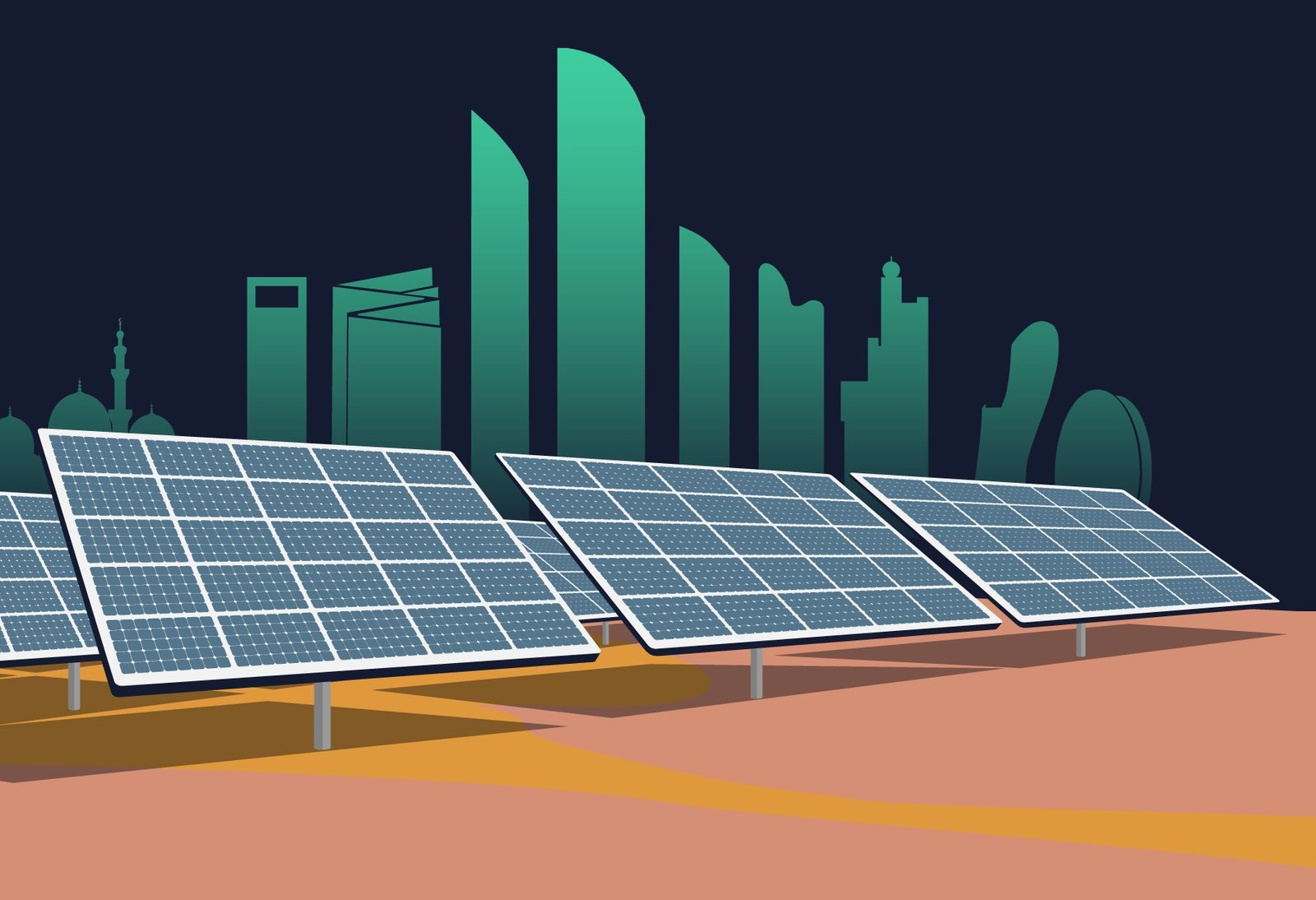Algeria has ramped up its desalination capacity with the development of a new 300,000 cubic meters per day (m3/day) desalination plant in Oran.
Set to provide drinking water to the northern regions, the plant will feature a 50-kilometer canal system to transport water to various areas.
Oran Governor Al-Saeed Saoud said that the project is on track, with civil engineering nearing completion.
“This strategic project has entered its final phase and will benefit a large number of areas,” Saoud confirmed.
The Oran facility is part of a wider national program aimed at addressing Algeria’s water security challenges.
Five additional desalination plants are under construction in Tipasa, Boumerdes, Béjaïa, and El Tarf, all designed to reduce the country’s dependency on increasingly scarce natural water resources.
The government is moving forward with ambitious plans to expand desalination infrastructure across Algeria. Speaking before the National Defense Committee of the Popular Assembly (APN) last year, Minister of Hydraulics Taha Derbal outlined a comprehensive program to meet future water demands.
Seven new desalination plants are scheduled for construction between 2025 and 2030, in regions such as Tlemcen, Mostaganem, Chlef, Jijel, Skikda, and two in Tizi Ouzou.
According to Derbal, these new stations will ensure drinking water supply to coastal areas and those located up to 150 kilometers inland. The five plants under construction, each with a capacity of 300,000 m3/day, will be operational by the end of 2024, contributing to an overall capacity of 1.5 million m3/day.
These facilities, located in Cap-Blanc (Oran), Fouka 2 (Tipasa), Cap-Djenat 2 (Boumerdes), Béjaïa, and El Tarf, represent a significant increase in Algeria’s desalinated water output.
Once complete, these stations are expected to raise Algeria’s reliance on desalinated water to 42% of its total water supply, up from the current 18%. Derbal noted that desalination is a sustainable solution to the country’s growing water scarcity problem, particularly as rainfall has become increasingly unreliable due to climate change.
Algeria has experienced a marked reduction in rainfall in recent years, putting pressure on the country’s water resources.
Desalination, according to Derbal, is the best option to secure a stable water supply in the long term. “The state has released significant funds for this program to guarantee drinking water for a large portion of the population,” he stated.
The Algerian government has also prioritised the reuse of water for industrial and agricultural purposes. These sectors currently account for over 70% of the country’s water consumption, with 1.5 million hectares of agricultural land depending on irrigation. Derbal’s ministry presented a national plan to reuse 60% of purified wastewater for these sectors, as part of a broader strategy to reduce water stress across Algeria.
One of the key elements of Algeria’s desalination strategy is ensuring national sovereignty in the construction and management of water infrastructure.
Derbal praised the role of local companies in these projects, stating that all desalination stations and water transfer systems are now built by Algerian firms. “This technology was once monopolised by foreign companies, but today 100% of the projects are carried out by Algerian skills,” Derbal said.
In addition to large-scale desalination projects, Algeria is also investing in mobile containerised desalination plants. These units are designed to provide water to smaller villages and remote areas, helping to extend clean water access across the country. With a capacity of between 2,500 and 2,700 m3/day each, these mobile facilities offer a flexible solution to Algeria’s water needs.
Announced by Algerian Energy Company (AEC) Managing Director Mohammed Boutabba in December 2023, the mobile desalination plants are expected to roll out across Algeria from 2024.
Unlike traditional desalination stations, these containerised units can be deployed on-demand, addressing water shortages in areas that lack permanent infrastructure.
Algeria has set an ambitious target of covering 60% of its drinking water needs from seawater desalination by 2030.
The vision includes not only the expansion of large-scale desalination facilities but also the deployment of innovative solutions like mobile desalination units.





